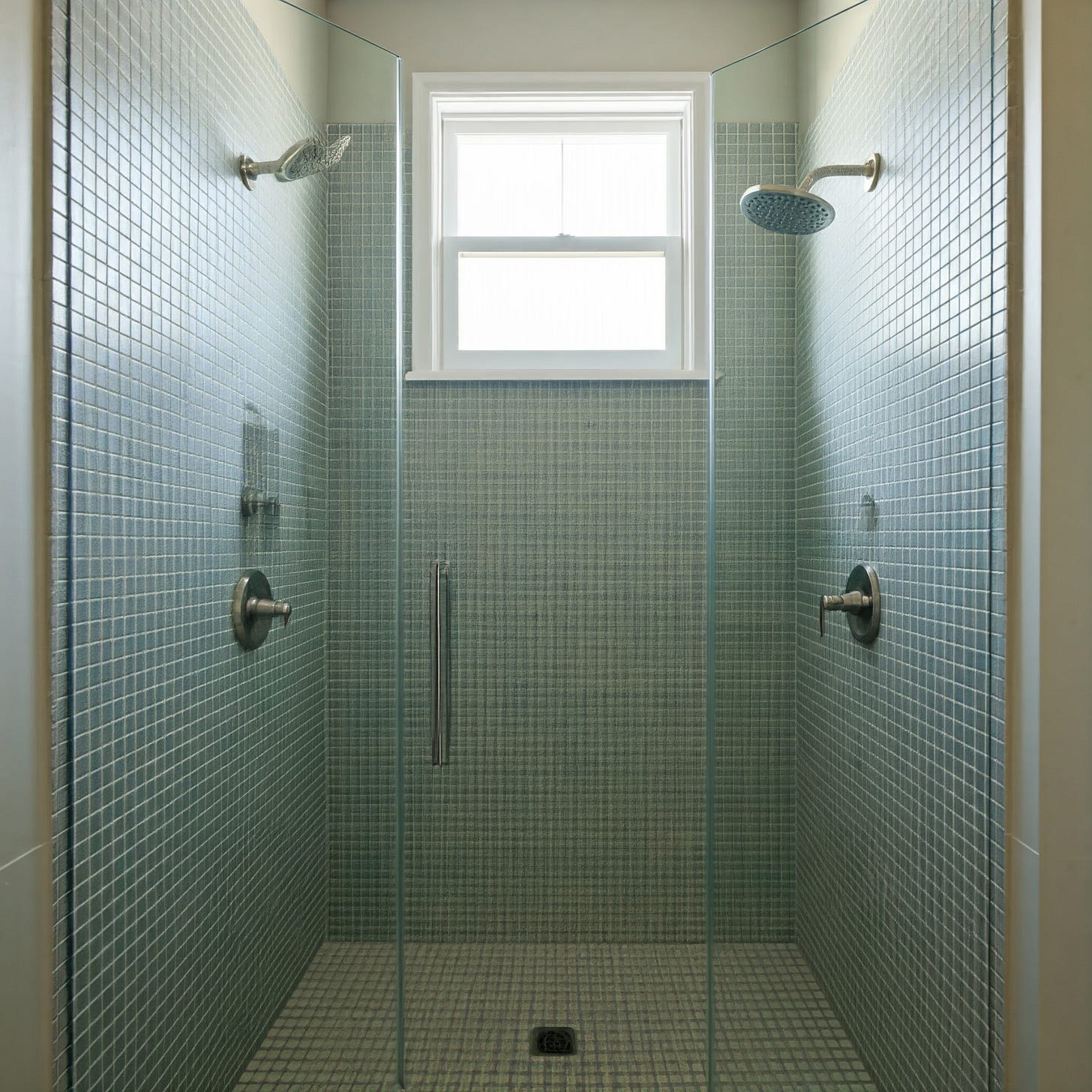If you pee in the shower, you may DIE
plus some fun factors about your pee
Hi guys! Welcome to another edition of TodaysWorld. We’re back with a bunch of interesting stories from around the globe.
But before we get started, let’s give you a task:
📌 Call or message a friend you haven’t talked to in a while
Now, let’s get started…
So, why shouldn’t you pee in the shower?
Peeing in the shower is one of those everyday habits that people rarely talk about, yet it’s surprisingly common. For some, it’s seen as a convenient way to save water and skip a flush, while others feel it’s best left out of the shower routine. But it’s not that harmless.
Dr. Shailly Sharma, an obstetrician and gynecologist at Cloudnine Hospital, points out that when we pee in a relaxed environment like the shower, we might not be fully engaging the pelvic floor muscles, which are essential for complete bladder control. Over time, this could lead to incomplete bladder emptying, which can cause urine retention. That might sound minor, but it can actually lead to bigger health issues, like infections, bladder stones, or even kidney problems down the line.
There’s also a psychological aspect to consider.
Dr. Gaana Sreenivas, from the Bone and Birth Clinic, notes that regularly peeing in the shower can create a subconscious link between the sound of running water and the urge to urinate. This “conditioning” could even cause the urge to go when you’re near any running water - imagine rushing to the bathroom every time you hear the faucet 👀
Then there’s the hygiene factor, especially in shared shower spaces.
While urine is typically sterile when it leaves the body, it can become a breeding ground for bacteria from the skin or surrounding areas. Dr. Sreenivas suggests regularly cleaning the shower with antibacterial products to help minimize any bacterial growth, unpleasant odors, or lingering stains, especially if the shower is shared with others. Good drainage and frequent rinsing can help, but maintaining hygiene is key.
BTW, how does this habit affect men and women differently?
According to Dr. Sharma, there’s a structural difference that matters: men have the prostate gland supporting the urinary system, whereas women don’t.
This can mean that for women, peeing in the shower could increase bladder strain, making it harder to fully empty. This might explain why incomplete evacuation - and the resulting risk of infections or even bladder issues - is more common in women who make a habit of shower-peeing.
Plus, Dr. Sreenivas notes that women’s urination patterns can lead to urine contact with the legs or feet, adding to hygiene concerns.
Before we go, here are some fun facts about your pee
📌 Pee was once used as a detergent
Ancient Romans actually used urine as a cleaning agent because of its ammonia content, which can break down oils and dirt.
📌 You can “smell” asparagus pee
About 40% of people have a gene that allows them to smell the strong, sulfurous scent in their pee after eating asparagus.
📌 Pee was crucial in medicine
Ancient doctors examined urine color, smell, and even taste to diagnose illnesses. “Uroscopy” was once a primary medical practice.
📌 You produce a lot over a lifetime
The average person pees around 1-2 liters daily. Over a lifetime, that adds up to about 40,000-50,000 liters - enough to fill a small swimming pool.
📌 Your pee can glow under UV light
Urine contains phosphorous, which can make it glow under a black light. It’s a trick sometimes used in forensic investigations.
📌 “Pee-shivers” are real
Some people, especially men, get a little shiver when they pee, and while the exact cause is unknown, it may be related to body temperature regulation.
Lol, who knew there was so much to know about pee? Anyway, that’s it for today. Let’s meet again next week👋



